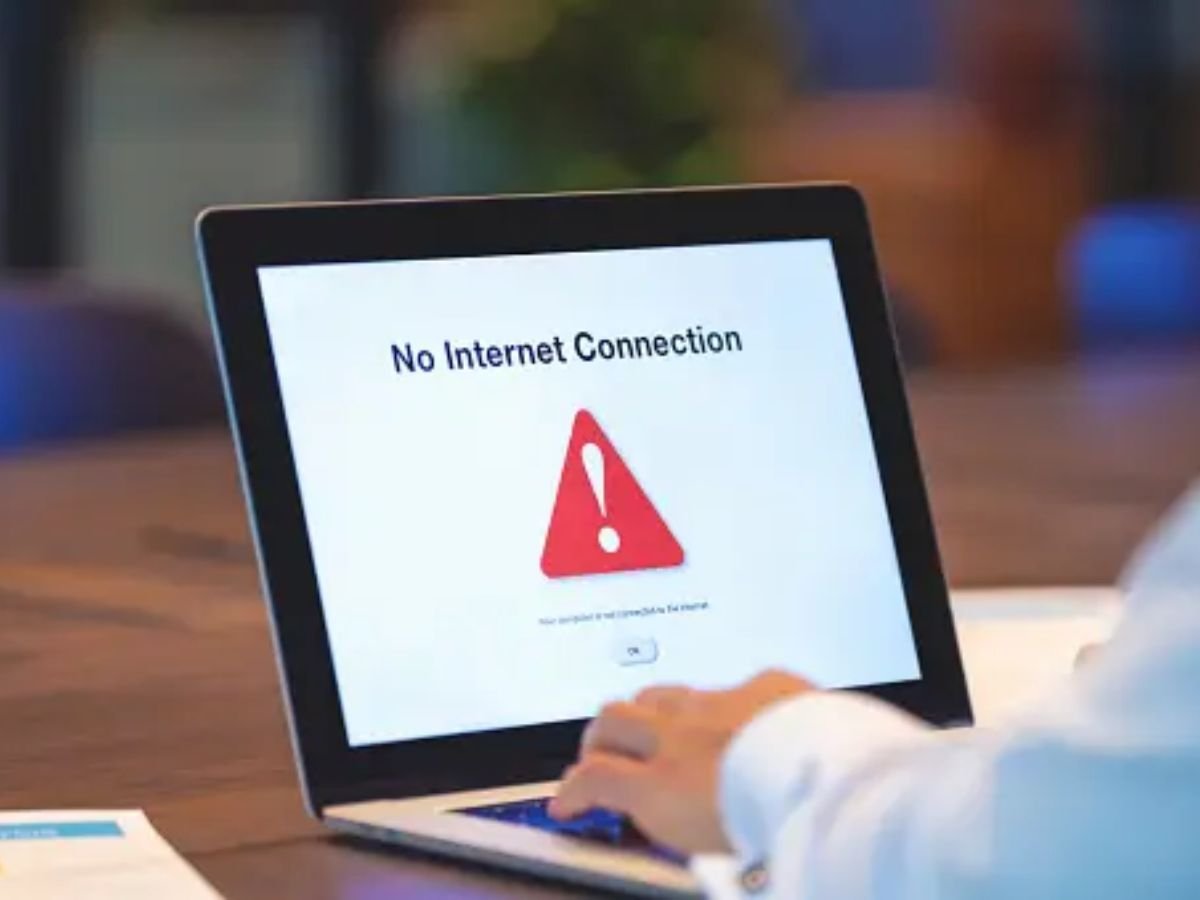Pakistan has witnessed a significant rise in Virtual Private Network (VPN) usage, particularly during periods of internet disruptions, putting additional strain on the country’s already limited internet infrastructure. According to the Pakistan Telecommunication Authority (PTA), VPN bandwidth utilization peaked at 815 Gbps in October, following 634 Gbps in August and 597 Gbps in September. By November, usage dropped to 378 Gbps, and as of December 22, it stood at 437 Gbps.
The increased reliance on VPNs is bypassing local Content Delivery Networks (CDNs), which typically optimize data traffic for faster speeds. PTA estimates that around 70 percent of internet traffic is served through CDNs, but VPNs redirect this traffic internationally, leading to congestion and slower speeds during peak hours. With Pakistan’s submarine cable capacity capped at approximately 9.5 Gbps, the rising VPN traffic is exacerbating the strain on the country’s internet ecosystem.
Economic losses are another major concern tied to excessive VPN usage. PTA reports that bypassing local systems for international routing costs approximately $1 per MB. A surge of just 1 Tbps in bandwidth due to VPN traffic could cost the country an estimated $10,000 per minute in foreign exchange. This reliance on international routing not only impacts internet performance but also imposes a significant financial burden.
To address these challenges, PTA has streamlined VPN registration processes for organizations and freelancers to regulate usage. It has also begun licensing VPN service providers, with two companies—ZETTABYTE and ALPHAS3CUBIC—already approaching the authority for licenses. These measures aim to monitor and manage VPN use more effectively while mitigating its impact on the country’s internet infrastructure.
Efforts to enhance local internet systems are also underway. PTA has established three Internet Exchange Points (IXPs) in Karachi, Lahore, and Islamabad to localize internet traffic exchange between service providers and reduce reliance on international routes. However, challenges persist, including the non-participation of key players like NTC and Comsats and limited routing by existing participants, which restrict the full potential of these IXPs.
The report highlights the urgent need to expand submarine cable capacity and improve domestic routing systems to address the dual challenges of internet slowness and economic losses.











